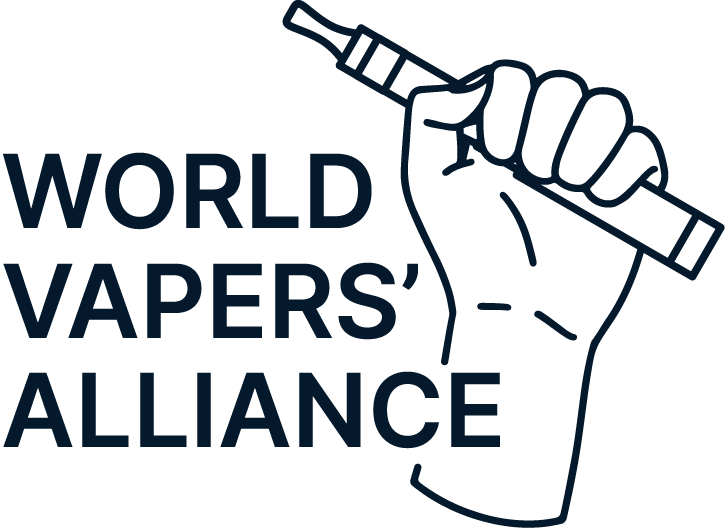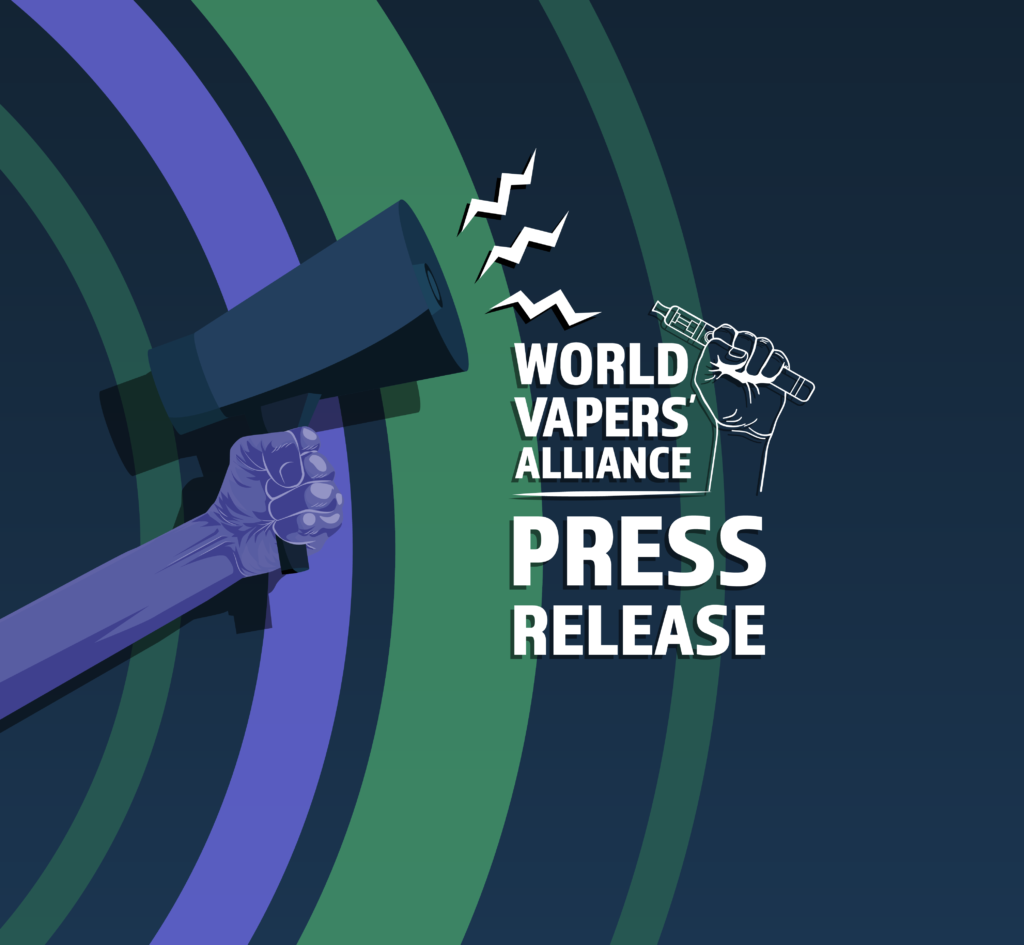1 de junho. Bruxelas, Bélgica — Hoje, 1 de junho, a Subcomissão de Saúde Pública (SANT) realizou uma audiência sobre “Prevenção de doenças não transmissíveis” para discutir possíveis soluções. Com o consumo de nicotina sendo um dos principais temas da discussão, fica evidente que ainda existe muita desinformação e preconceito arraigado em relação à redução de danos entre os tomadores de decisão da UE, afirma Michael Landl, diretor da World Vapers' Alliance, uma associação que amplifica as vozes dos usuários de cigarros eletrônicos em todo o mundo.
“Embora as doenças não transmissíveis, como as doenças cardiovasculares, as doenças pulmonares crônicas e o câncer, devam ser a pedra angular da agenda de saúde pública da UE, também é crucial adotar abordagens baseadas em evidências e na ciência. Precisamos reduzir os danos reais e não combater o consumo de nicotina em si. A verdadeira ameaça à saúde pública vem do tabagismo. Produtos alternativos, como o snus, o vaping e as bolsas de nicotina, estão reduzindo as doenças induzidas pelo tabagismo, porque ajudam efetivamente os fumantes a parar de fumar. Combater o consumo de nicotina em vez dos danos reais terá consequências muito mais prejudiciais.,”Disse Michael Landl.”.
Entre os equívocos abordados sobre o papel da redução de danos, destacaram-se os comentários das eurodeputadas González Casares e Trillet-Lenoir. A eurodeputada González Casares comentou: “Uma coisa que sabemos que piora tudo e aumenta a mortalidade por doenças cardiovasculares é o tabagismo. O que ouvimos aqui foi uma defesa de técnicas ou dispositivos dentro de um contexto mais amplo de consumo de tabaco. Há pouco tempo, houve uma proibição do vaping em alguns estados. Algumas pessoas dizem que isso ajuda a largar o vício, mas se falamos de prevenção, falamos de pessoas que não fumam ou que não adquirem o hábito desde o início, e esse é o risco que não devemos correr."
A eurodeputada Véronique Trillet-Lenoir comentou: “Estamos aqui para abordar a saúde pública de forma séria e baseada na ciência.” No entanto, o MEP abordou o estudo sobre o papel da nicotina e do snus em ajudar os fumantes a parar de fumar, “como claramente a promoção de um produto prejudicial, talvez não tão cancerígeno quanto o tabaco, mas prejudicial de qualquer forma."
“Diversos estudos, amplas preferências do consumidor e exemplos concretos da vida real, como o sucesso da Suécia em alcançar a meta de um país livre de fumo 17 anos antes da meta da UE, são fortes indícios de que a redução de danos funciona e pode ser bem-sucedida na prevenção de doenças não transmissíveis.”"Acrescentou Landl.".
Após a discussão de hoje, a Aliança Mundial dos Vaporizadores insta o comitê SANT a analisar a conclusão do BECA e a adotar ferramentas de redução de danos.
A Aliança Mundial dos Vapers (World Vapers' Alliance) lançou um abrangente documento informativo sobre redução de danos, contendo uma compilação de estudos científicos sobre o uso de nicotina, o papel dos sabores nos cigarros eletrônicos e o impacto da tributação na saúde pública. Saiba mais. aqui.







